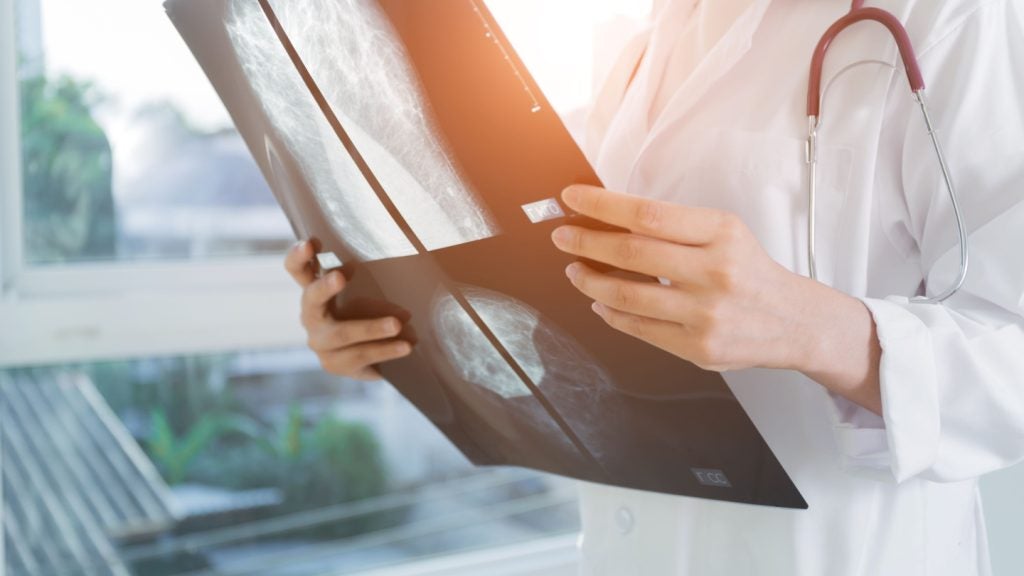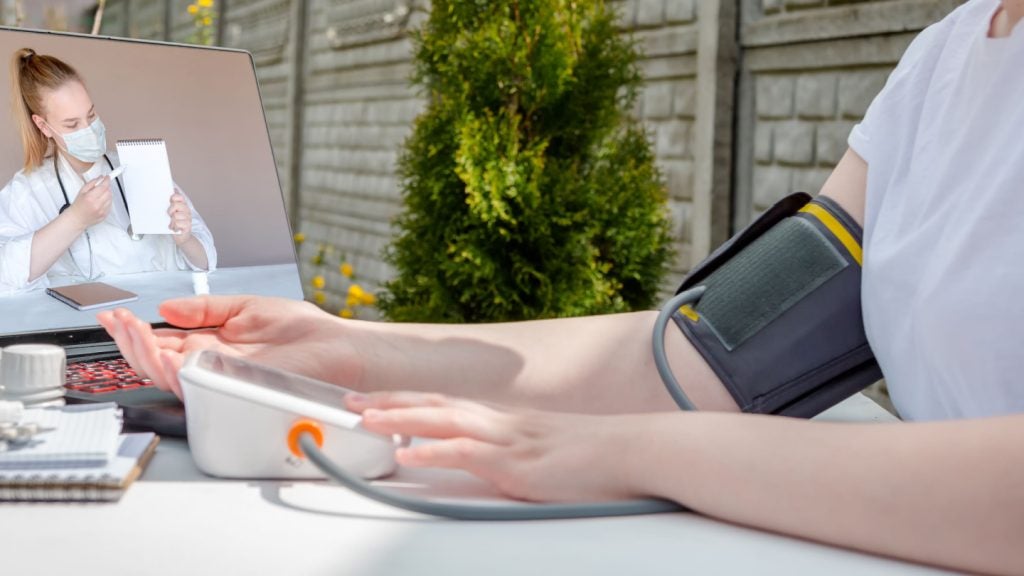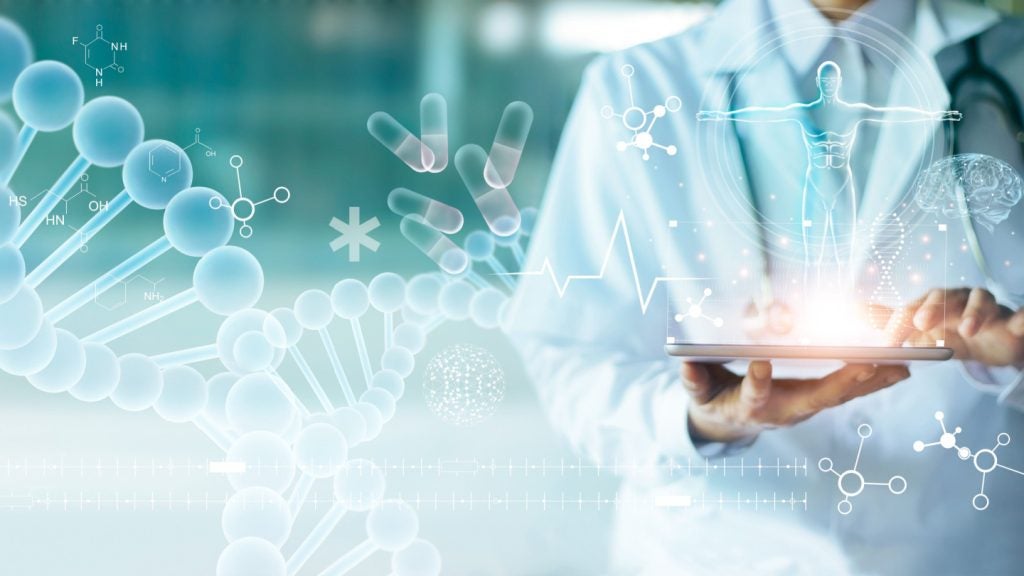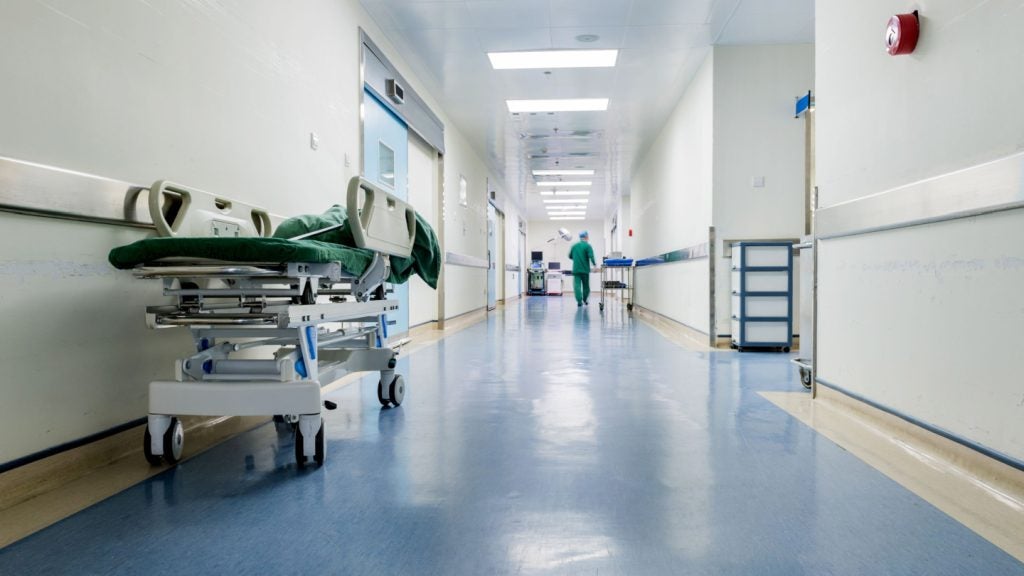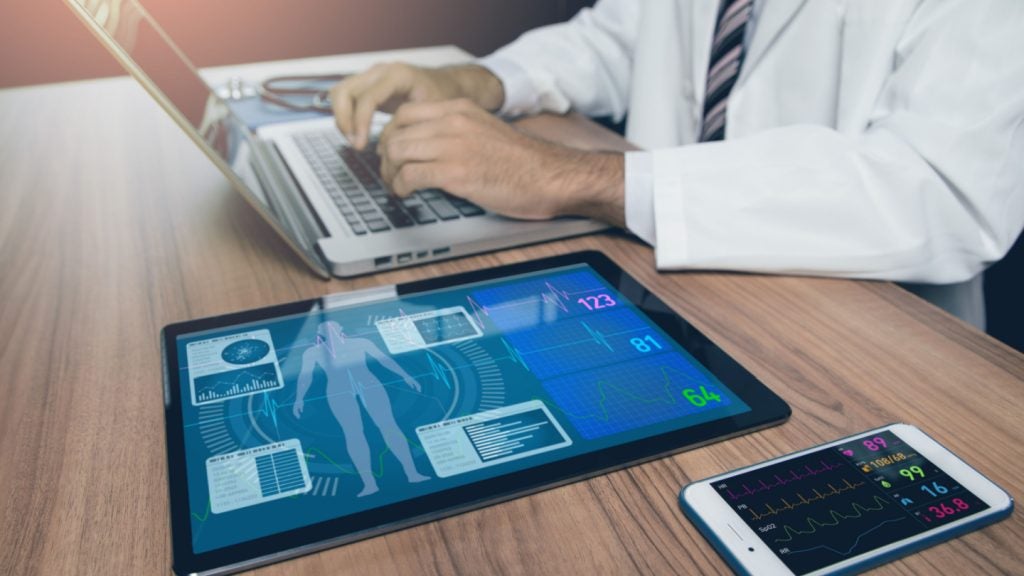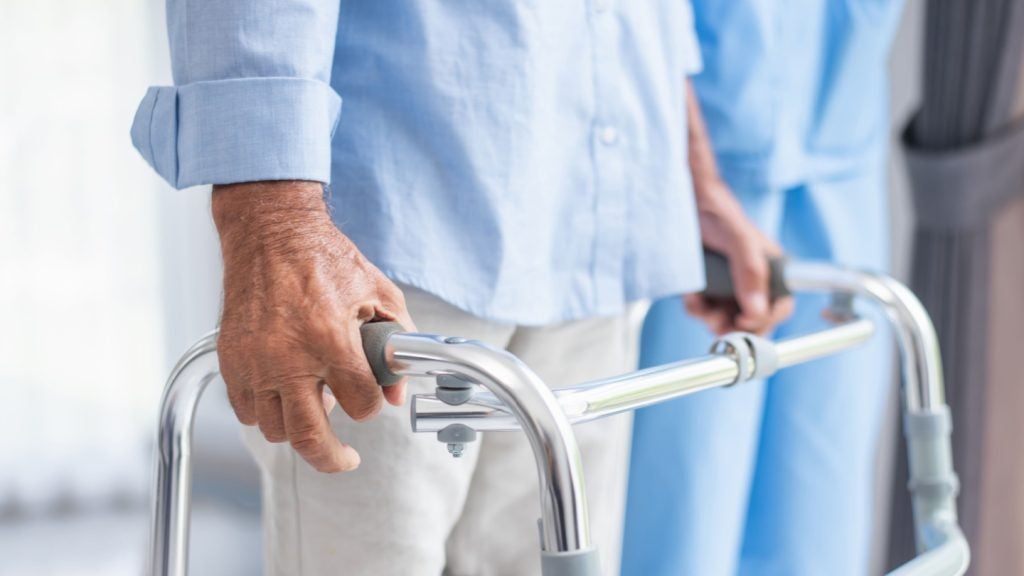A new BreastScreen NSW clinic has been inaugurated in North Ryde, New South Wales (NSW), Australia, providing women in the Ryde community with access to breast cancer screening services.
This clinic will serve around 5,000 women annually, offering mammogram appointments five days a week for most of the year.
Avoiding the need to travel to other locations for mammograms or rely on periodic visits from mobile screening vans, the clinic's establishment aims to improve accessibility for women residing within the Ryde catchment area.
The NSW government highlighted that breast cancer affects one in seven women in the state during their lifetime.
Talking of breast cancer, Minister for Women Jodie Harrison added that it is the most common cancer among women in Australia.
The new clinic will facilitate recommended twice-yearly screenings for local women.
It currently operates with one mammography room, with plans to expand to two rooms to accommodate future demand.
The Ryde Local Government Area has been identified as one of the fastest-growing regions in NSW for women between 50 years and 74 years of age.
BreastScreen NSW director in Northern Sydney Meredith Kay said: “Detecting breast cancer early increases your chance of survival while reducing the likelihood of invasive treatment such as mastectomy or chemotherapy.
“Around 90% of women diagnosed with breast cancer have no family history and this is why breast cancer screening is so important for all eligible women.”


